SUMMARY
This is AI generated summarization, which may have errors. For context, always refer to the full article.
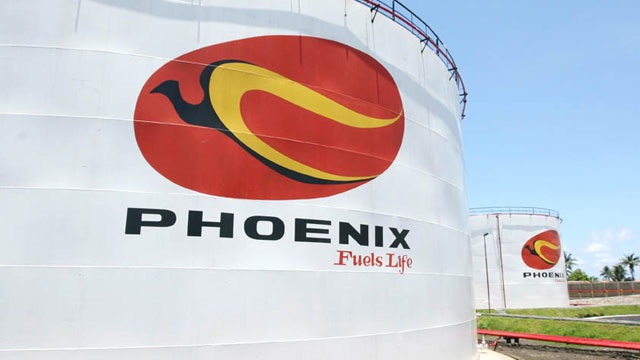
MANILA, Philippines – The Department of Justice (DOJ) said that it is looking to charge more people, particularly employees of the Bureau of Customs (BOC), in connection with the oil smuggling case against Phoenix Petroleum.
“To be sure, these acts could not have been perpetrated without the connivance and conspiracy of officials or employees of the Bureau of Customs who, as soon as their identities shall have been known, should similarly be charged for the same offense and for violation of Section 3604 of the Tariff and Custom Code of the Philippines,” said Justice Secretary Leila De Lima.
In an April 24 resolution, the Department of Justice (DOJ) charged Phoenix Petroleum president and CEO Dennis Ang Uy for alleged illegal importation of petroleum products at the Port of Davao and sub-port of Bauan, Batangas.
Uy was charged for “unlawful and fradulent” importations of gas oil, unleaded gasoline and petroleum products. The violations were said to have occurred on June-November 2010, January-March 2011 and June 2010-April 2011. Uy complained due process was not followed in this case.
The DOJ filing reversed a November 2012 resolution that dismissed a P5 billion smuggling charge filed by the Bureau of Customs (BOC) in May 2011.
In a disclosure to the PSE on Thursday, April 25, the company said, ” We are confident that Mr. Uy will again be cleared of all these baseless charges as all the Company’s importations are legitimate and legal.”
“While, we do not wish to delve into the merits of the case, as we have yet to receive a copy of the said Resolution, we wish to stress however that the documents presented by the BOC before the DOJ in support of its Motion for Reconsideration were in fact wrong documents which do not even pertain to importations involving Phoenix Petroleum Philippines, Inc. but other companies, which is outright misleading. Moreover, we emphasize that unfair as it may seem, the BOC presented new issues and documents, which were not even presented in the original Complaint which is highly irregular.”
The DOJ, on the other hand, said that it went forward with the charges because of “inconsistencies” in the documents relating to the oil shipment.
“With all these discrepancies, inconsistencies, and variance vis-a-vis the documents submitted by complainant relative to the shipments in question, we cannot sustain the finding in our Resolution of 16 November 2012 that respondent’s documents ‘belied and negated complainant’s allegations,’” De Lima said.
“We cannot simply accept respondent Dennis Ang Uy’s disclaimer that “the payment of Customs duties and taxes and the preparation and submission of the required documents are left to the officers and employees of Phoenix in charge of operations.”
Finance Secretary Cesar Purisima lauded the case, calling it a “major breakthrough” in the government’s campaign against oil smuggling.
“This resolution affirms the Aquino administration’s commitment to fighting smuggling and upholding good governance. This is a major breakthrough in curbing oil smuggling in the Philippines,” he said.
“Smuggling robs the Philippines of revenue that goes towards employment generation and poverty alleviation. As this case and other cases progress, we will see even more faith and credibility built in the Philippines and even more gains to the Filipino in the real economy.”
According to data from the Department of Energy (DOE), the country’s oil demand was at 106.9 million barrels in 2011. However, oil importation was only at 67.6 million barrels. This means that the remaining 39.3 million barrels required to cover the country’s oil demand came from smuggling. – Rappler.com
Add a comment
How does this make you feel?
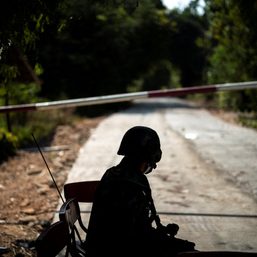
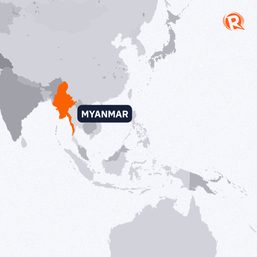

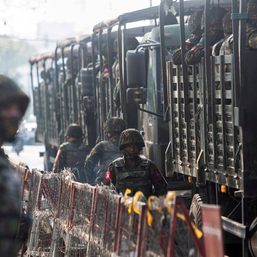
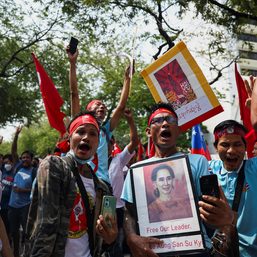
There are no comments yet. Add your comment to start the conversation.